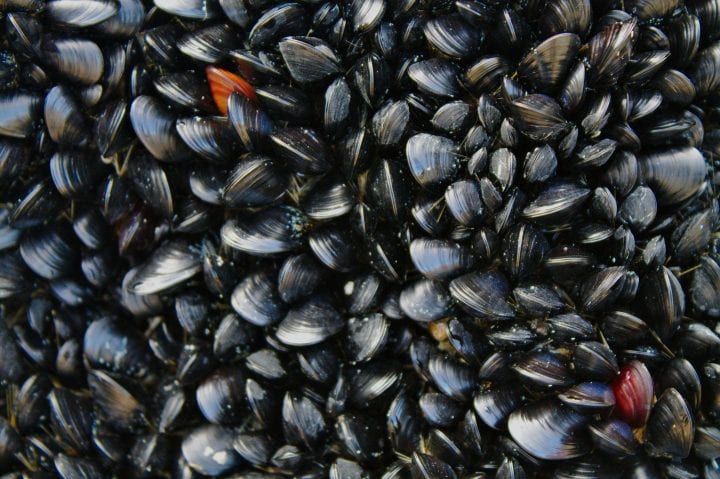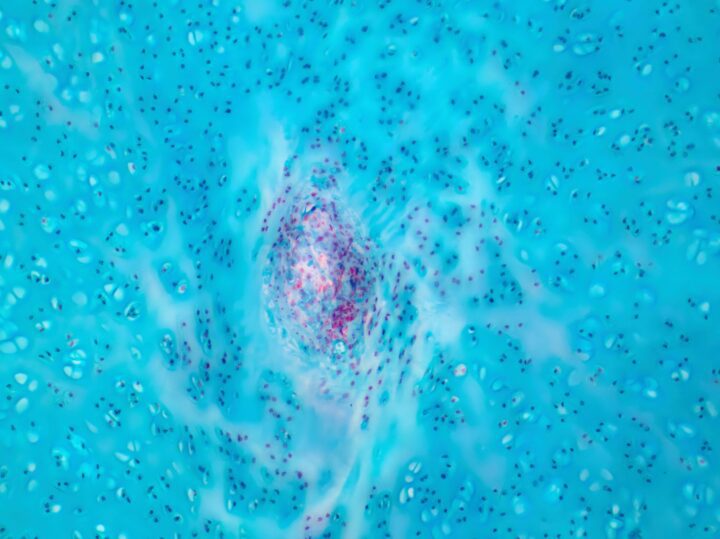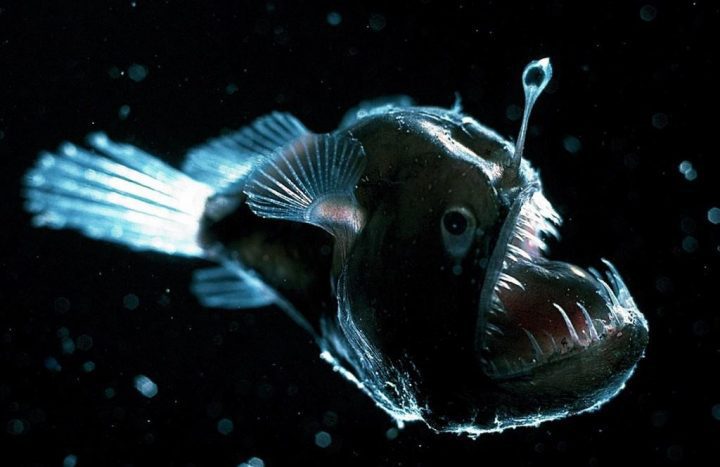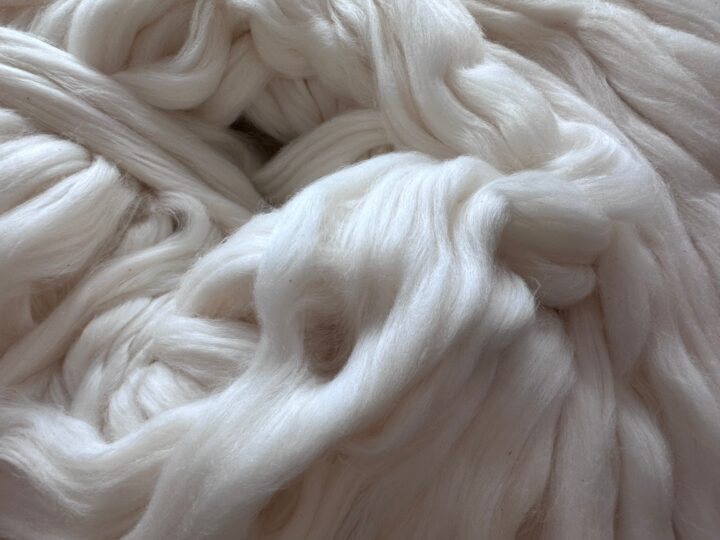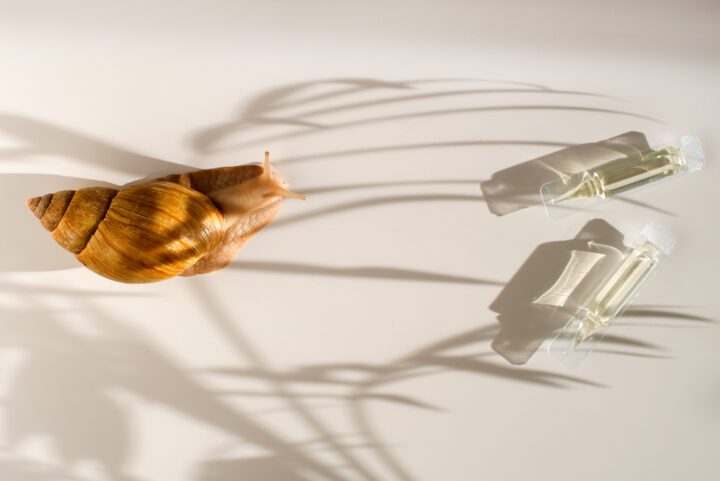Mussel Polymers mimicked mussel proteins to create an adhesive that works even in extreme marine environments.
Benefits
- Reduced chemical use
- Underwater adhesion
Applications
- Coral restoration
- Maritime shipping & transport
UN Sustainable Development Goals Addressed
-

Goal 9: Industry Innovation & Infrastructure
-

Goal 12: Responsible Production & Consumption
The Challenge
Cyanoacrylate and epoxy are used in coral restoration. However, these adhesive chemistries were not designed to work on wet surfaces, let alone on sensitive living tissues. Both bind poorly to wet surfaces and have toxicity problems. NOAA scientists recently argued that improved adhesive technology was the single most powerful leverage point for scaling reef restoration efforts.
Innovation Details
Mussel Polymers has developed a high-performance, non-toxic adhesive known as poly (catechol)styrene, or PCS, mimicking the adhesive proteins mussels use to adhere to surfaces in extreme marine environments. PCS is 300% stronger than other underwater adhesives, and bonds to a wide range of materials. Mussel Polymers will be used in a number of industries, but they are bringing their product to market first for coral restoration, solving a critical problem within the conservation ecosystem.

Watch how Mussel Polymers was inspired by nature to create a new type of adhesive.
Biological Model
While humans have spent decades trying to make adhesives that stick underwater, mussels have been doing it for hundreds of millions of years. They tether themselves to rocks or each other with stringy fibers called byssal threads that have ends that contain a mixture of sticky proteins. In particular, two proteins called dopa and lysine work together to help mussels stick. When lysine approaches positively charged ions on rocky surfaces, it pushes them out of the way, like a magnet turned the wrong way, clearing a path for clingy dopa to latch on.
Related Content
Ray of Hope Prize
The Ray of Hope Prize® celebrates nature-inspired solutions addressing the world’s biggest environmental and sustainability challenges. Created in honor of Ray C. Anderson, founder of Interface, Inc. and a business and sustainability leader, the $100,000 Ray of Hope Prize helps startups cross a critical threshold in becoming viable businesses by amplifying their stories and providing them with equity-free funding. The prize shines a light on the innovative, nature-inspired solutions that we need to build a sustainable and resilient world. Mussel s was selected as a finalist for the 2021 Ray of Hope Prize.

